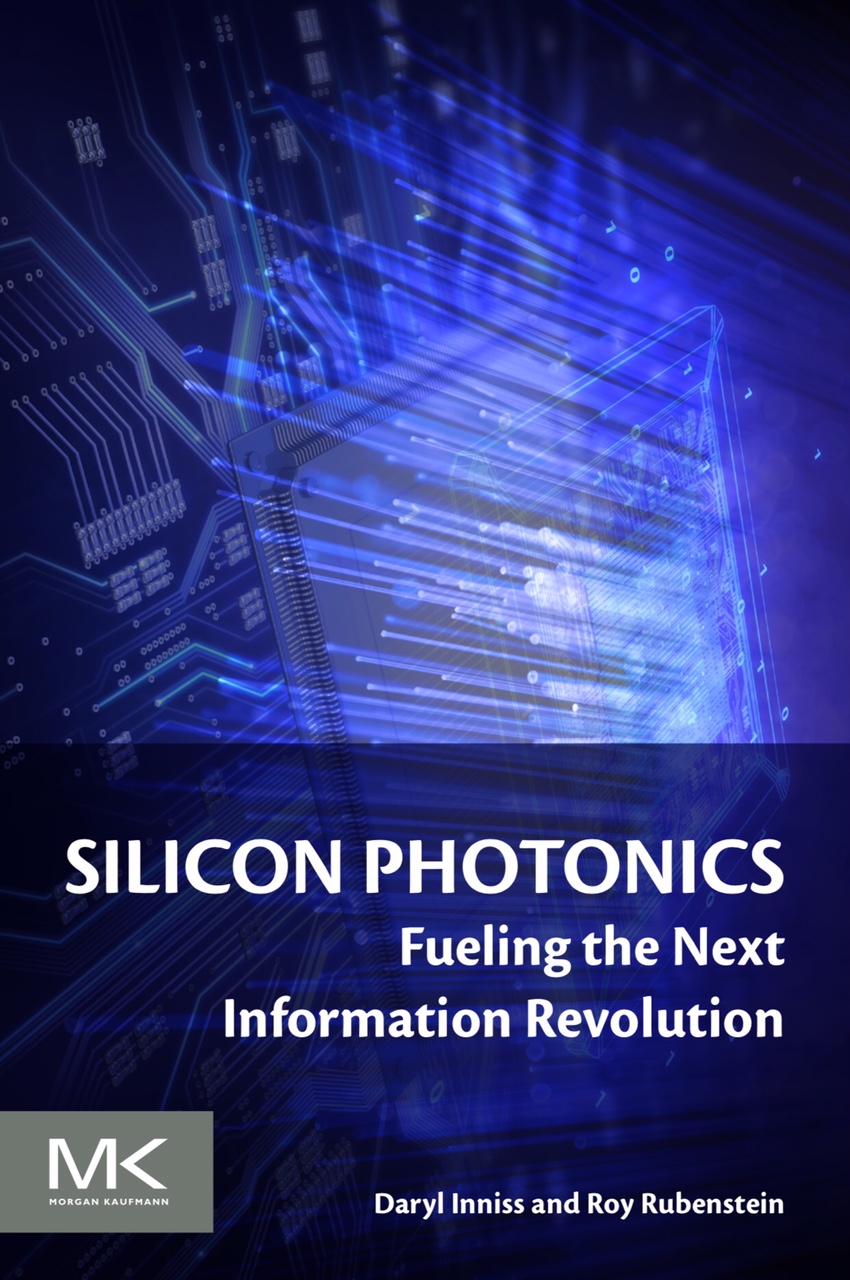Marvell’s latest acquisition: switch-chip firm Innovium
 Wednesday, September 1, 2021 at 6:33AM
Wednesday, September 1, 2021 at 6:33AM - Innovium will be Marvell's fifth acquisition in four years
Marvell is buying switch-chip maker, Innovium, for $1.1 billion to bolster its revenues from the lucrative data centre market.
 Nariman Yousefi
Nariman Yousefi
The combination of Innovium with Inphi, Marvell’s most recent $10 billion acquisition, will enable the company to co-package optics alongside the high-bandwidth, low-latency switch chips.
“Inphi has quite a bit of experience shipping silicon photonics with the ColorZ and ColorZ II [modules],” says Nariman Yousefi, executive vice president, automotive, coherent DSP and switch group at Marvell. “And we have programmes inside the company to do co-packaged optics as well.”






